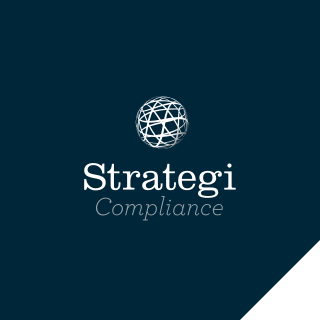The Amendment Regulations only directly apply to financial institutions (registered banks, licensed insurers, and licensed non-bank deposit takers) and the intermediaries covered by the new conduct regime that use sales incentives as part of the operation of their business.
The Conduct of Financial Institutions (CoFI) regime will come into force on 31 March 2025 so all those affected have time to check their incentive structures for compliance, discuss with staff/contractors and make any required changes.
Which FAPs are impacted?
Financial Advice Providers (FAPs) that sell insurance and lending products provided by registered banks, licensed insurers, and licensed non-bank deposit takers are impacted.
What is a prohibited incentive?
An incentive is a prohibited incentive, in relation to relevant services or associated products, if a person’s entitlement to the incentive, or the nature or value of the incentive, is determined or calculated in any way by a direct reference to a target or other threshold that relates to the volume or value of the services or products. (reg237E Financial Markets Conduct (Conduct of Institutions) Amendment Regulations 2023)
Examples of prohibited incentives
An incentive is prohibited if it is calculated by reference to thresholds directly referencing the volume of the relevant services or associated products sold. For example:
- An employee of a life insurer is offered a $3000 bonus if they sell 120 life insurance products in a three-month period. The bonus is a prohibited incentive as the bonus is determined by a direct reference to a sales target. The same would apply if a FAP had a bonus for its advisers based on a sales target.
- A FAP has financial advisers and pays an annual bonus calculated on a sliding scale. The bonus is paid on an increasing scale relating to the dollar value of sales made. For example, if a financial adviser closed loan deals over $10m in a year, then they are eligible for an annual bonus. A bonus of 10% of the commission received by the FAP is paid to the financial adviser if they close bank loan deals between $10m and $20m. If they closed deals of $20m-$50m, then they receive a bonus of 20% of the commission received by the FAP on that deal.
Examples of incentives that are not prohibited
An incentive is not a prohibited incentive if the person’s entitlement or the nature or the value of the incentive is determined or calculated on a linear basis (e.g., a fixed percentage or amount that is paid on a per product or per service basis) and is also determined or calculated in any way by only one direct reference to a target or other threshold that relates to the volume or value of the relevant services or associated products. For example:
- An employee of a bank or a financial adviser of a FAP is paid a commission of 30% of the total commission received by the organisation relating to a particular product. The commission amount is fixed and does not increase with the volume or value of sales made.
- An employee of a FAP has a base salary of $50,000. In addition, the employee receives a commission of 5% of every dollar’s worth of sales in a quarter once the employee hits a target of $100,000 in a quarter. The $100,000 target is the only target that relates to the volume or value of the relevant services or associated products. The employee’s sales for a quarter are $200,000. The commission is $10,000 (5% of $200,000).
- An employee of an intermediary receives 5% of transaction income generated if they generate over $100,000 of transaction income from wholesale clients in a three month period. The transaction income includes income generated from financial products issued by financial institutions. In this case the incentive is not prohibited because it does not in any way relate to transaction income from retail clients.
What next?
Time is on your side to review how you incentivise your staff. It is recommended performance incentives be linked to things such as productivity, client satisfaction ratings, compliance status, completion of CPD, meeting service level standards, being a team player, and good conduct.
Think carefully about how you might need to change your incentive structure and discuss this with those affected. It is important your business remains profitable and you reward those who are exceptional performers. The team at Strategi are happy to provide guidance where necessary.


